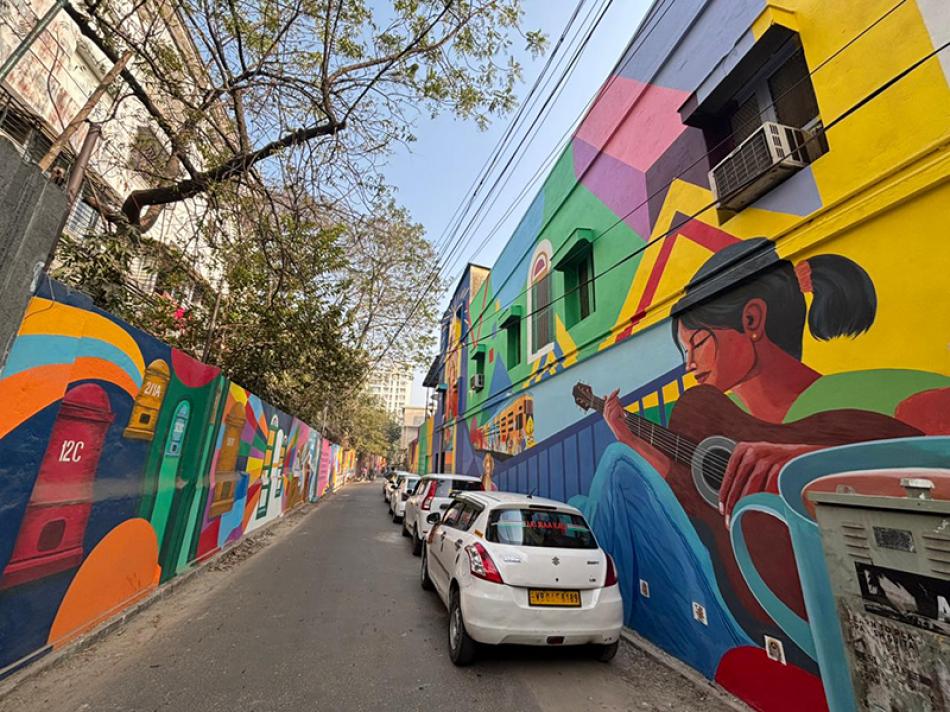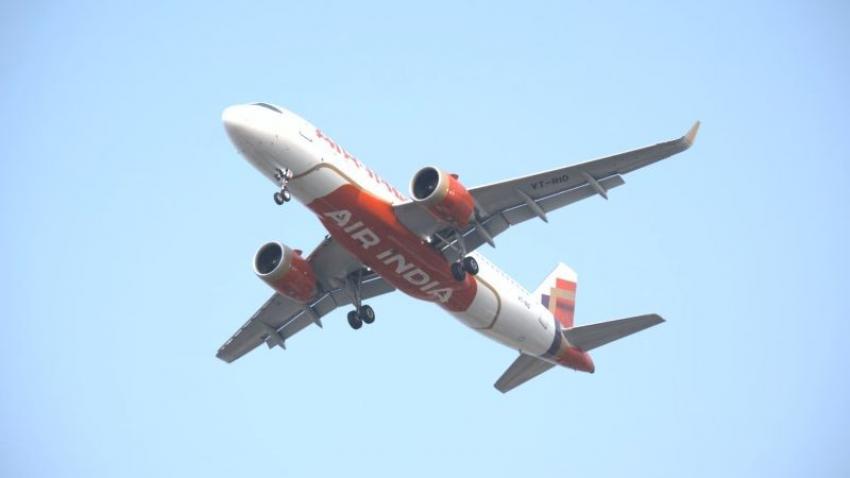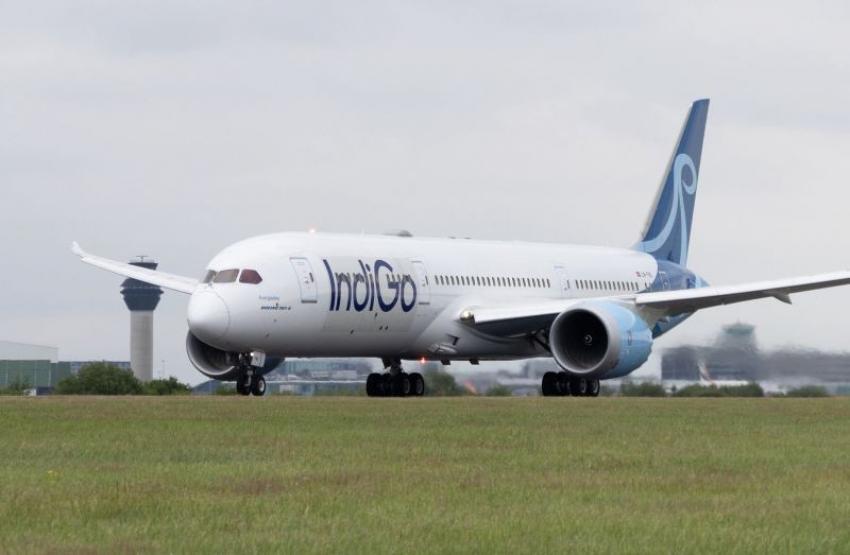NITN | @notintownlive | 05 Jun 2023, 11:15 am
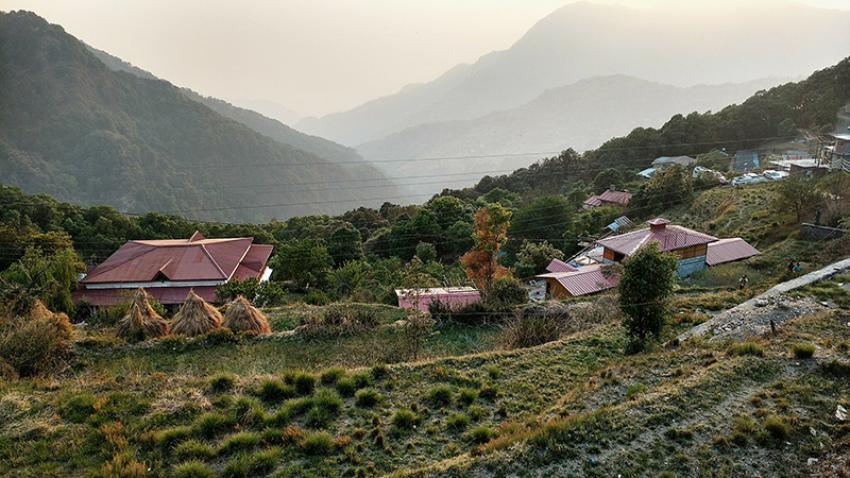 No Plastic Zone
No Plastic Zone
Photo credit: Pratima m, CC BY-SA 4.0
As the World Environment Day (steered by the United Nations Environment Programme or UNEP), observed across the globe on June 5, enters its 50th year, we are faced with the indomitable challenge of plastic pollution.
Did you know that an estimated 19-23 million tonnes of plastic end up in lakes, rivers and seas annually? That is approximately the weight of 2,200 Eiffel Towers all together, according to the United Nations website.
According to the global body, more than 400 million tonnes of plastic is produced every year worldwide, half of which is designed to be used only once. Of that, less than 10 per cent is recycled.
Therefore, UNEP has adopted ‘beat plastic pollution’ as the theme for this year.
The website also warns that microplastics (tiny plastic particles up to 5mm in diameter) find their way into food, water and air. It is estimated that each person on the planet consumes more than 50,000 plastic particles per year –and many more if inhalation is considered.
One of the areas which has been adding to the plastic menace is tourism. Most of the products are meant for single use and cannot be recycled, according to the One Planet Network.
Last year, to reduce the plastic menace, India’s Central Pollution Control Board, announced a ban on identified single-use plastic products from July 1, 2022.
According to a release, the list of banned items includes -ear buds with plastic sticks, plastic sticks for balloons, plastic flags, candy sticks, ice- cream sticks, polystyrene (Thermocol) for decoration, plastic plates, cups, glasses, cutlery such as forks, spoons, knives, straw, trays, wrapping or packaging films around sweet boxes, invitation cards, cigarette packets, plastic or PVC banners less than 100 micron, stirrers.
Although the ground reality is far from ideal conditions, various tourism-dependent Indian destinations and even some states have started implementing their own rules to tackle plastic pollution.
Despite its wee size, the Himalayan state of Sikkim has taken very bold steps. Way back in 1998, it became the first Indian state to ban disposable plastic bags. In 2016, according to media reports, the state banned the use of packaged drinking water in offices and government functions. This was followed by a ban on the use of Styrofoam/thermocol plates and cutlery.
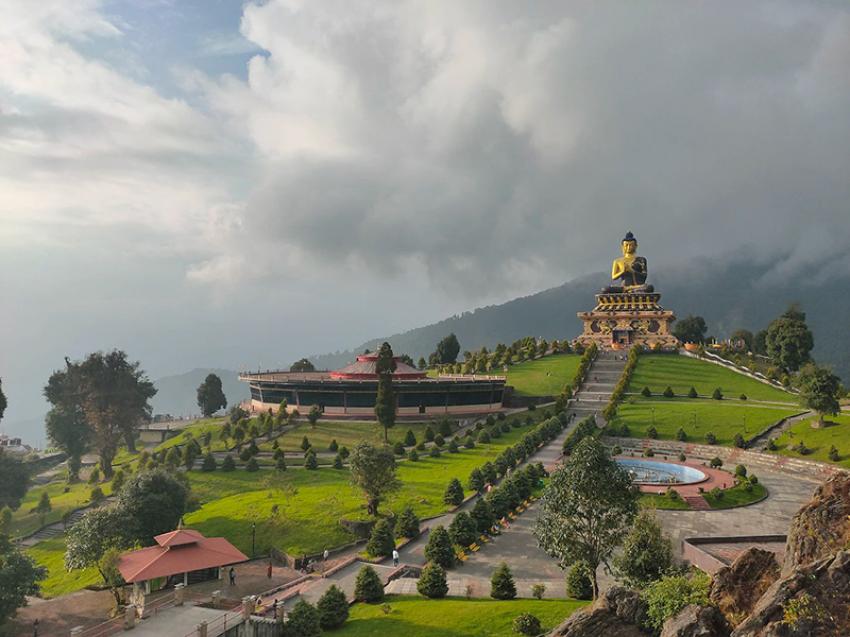 Sikkim has banned plastic. Image: Unsplash
Sikkim has banned plastic. Image: Unsplash
Since January 1, 2022, Sikkim has banned the use, manufacture, import and sale of plastic water bottles of capacities of two litres and below, according to media reports. To ensure that travellers and others were not inconvenienced by the ban, the state has been encouraging the manufacture and use of bottles made of bamboo.
God’s own country, Kerala, is not far behind. According to media reports, one of the earliest bans were implemented in Wayanad’s ecologically fragile tourist destinations, especially those bordering forests. In 2015, the district of Kannur was formally declared a ‘plastic free zone’. In 2018, Kerala State Pollution Control Board banned the use of plastic in major tourist destinations in the state, including Kochi.
According to media reports, in 2002, the then Collector of the Nilgiris (Tamil Nadu) launched a campaign called Operation Blue Mountain to raise awareness about plastic pollution and to urge people to refrain from using plastic products as well as littering the tourist spots. Since 2019, the district has implemented a ban on the sale of single-use plastic items, such as water bottles and cold drinks along the highways to many tourist destinations, including Ooty (Udhagamandalam).
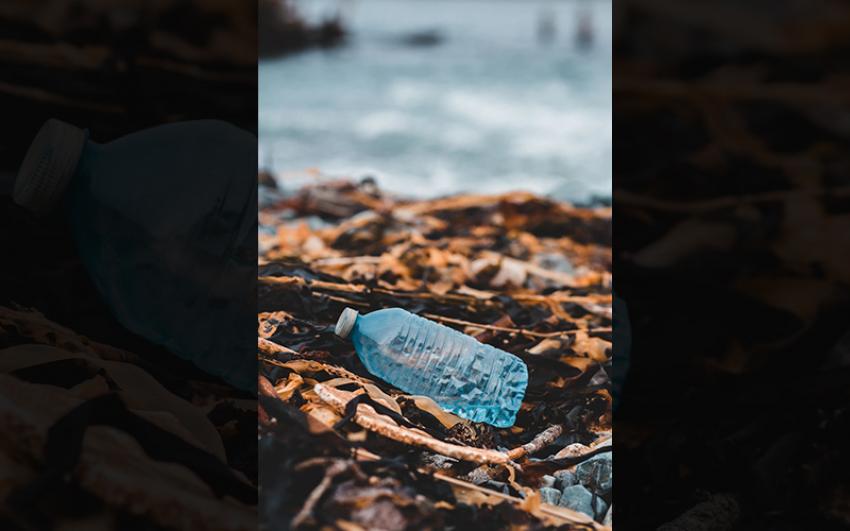 Image: Unsplash
Image: Unsplash
Often called Nagaland's Valley of Flowers, the Dzukou valley is an eco-fragile zone. Since 2019, it is a ‘no plastics’ zone, largely due to sustained campaigns by the Southern Angami Youth Organization (SAYO), according to local media reports.
Pangot, a popular birding destination in the Kumaon hills of Uttarakhand, has scripted one of the most successful environmental stories of India. With a bracing climate, picturesque mountains and home to over 200 species of birds, the village started attracting birders from across the country, even abroad.
To cater to these travellers, vendors began selling a range of products, including plastic water bottles, chips and other snacks in plastic wrappers, plastic wrapped soaps, etc.
Soon it was discovered that Pangot was not equipped to handle this large amount of plastic trash, which ultimately got dumped into a gorge, and washed into the rivers.
According to the UNEP website, around 2017, thanks to the owner of a local birding lodge and his efforts to coordinate with a non-profit group that specialized in waste, a strategy to counter the plastic menace was drawn up in collaboration with other resort owners. The local community was also involved.
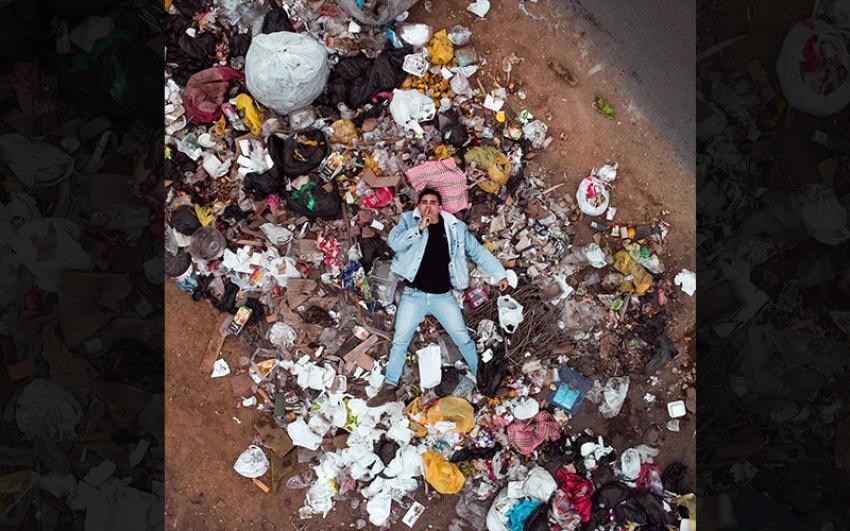 Image: Unsplash
Image: Unsplash
By 2018, according to a UNEP report, all waste in Pangot was being identified, segregated and managed – and efforts were underway to make Pangot waste-free. According to most visitors to Pangot today, the village has proved how a concerted effort can help tackle the problem of garbage disposal and plastic menace.
Discarded or burnt single-use plastic harms human health and biodiversity and pollutes every ecosystem from mountain tops to the ocean floor according to UNEP.
With most destinations reporting a rise in tourist numbers in the post pandemic phase, it is important for travellers and tourism stakeholders to focus on sustainable tourism and curbing the plastic menace.
- This City is Quietly Redefining What a Holiday Experience Looks Like
- Saigon Sisters in Chicago — A Dumplings & Bao Love Story
- Beyond Old and New: Bickram Ghosh and the Art of Fusion at Serendipity
- From Kennedy’s Proposal to 1850s Saloons: The Three Historic D.C. Restaurants Everyone Must Try
- This city has the best bagel in the US, and it’s not New York!
- I escaped to Pachmarhi — what I found in the queen of Satpura left me spellbound
- Air Canada just ranked the Best New Restaurants of 2025 - And the Top Spot isn't who you think
- Rediscovering Arunachal's Monpa Cuisine: One Woman’s Millet Momo Revolution
- Discovering Heritage: A visual journey through Odisha crafts museum Kalabhoomi
- From kebabs to biriyani: Lucknow gets UNESCO honour for its royal cuisine
Tata Group-owned Air India on Tuesday announced a new, unilateral codeshare partnership with airBaltic, the flag carrier of Latvia, thus making the Baltic region more conveniently accessible for Air India customers.
Air India Express, India’s first international value carrier, has rolled out its monthly, ‘PayDay Sale’, offering special fares across its domestic and international network.
Mumbai: IndiGo has commenced operations from the newly inaugurated Navi Mumbai International Airport (NMIA).

